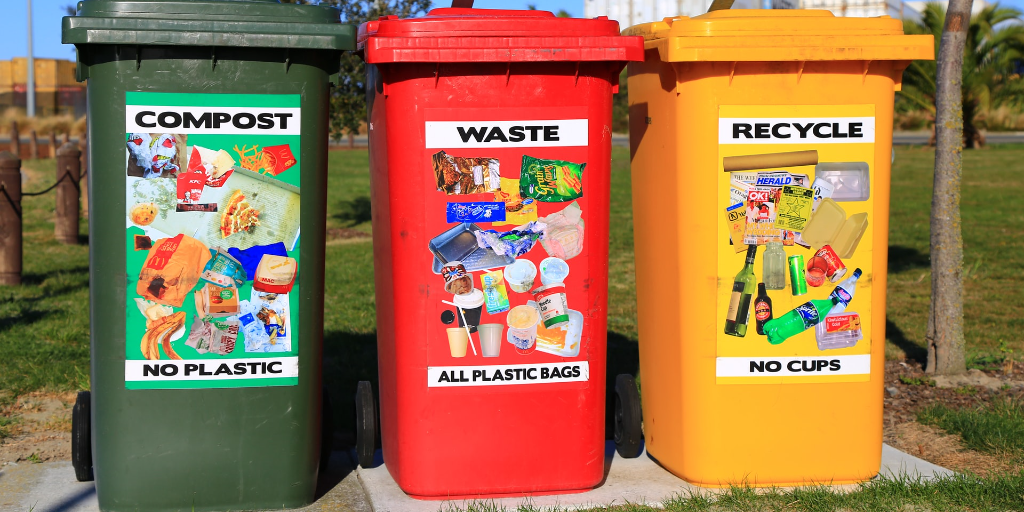Put your money where your mouth is
Today’s expression is “put your money where your mouth is.” This simply means that you’ll show with your actions that you mean what you say. This can involve money, but it doesn’t have to. I think the phrase originated in gambling or betting, but today it simply means that you’ll take real action to demonstrate that your words are sincere.
Earlier today, we were talking about apologies, and one element of a good apology is an offer of repair . This is a concrete action that you’ll take that will benefit the other person. It’s not about what you did wrong or buying forgiveness. But it’s a simple demonstration that your apology is about more than just words. If you make someone wait for you at a restaurant, you’ll buy lunch that day. If you make a mistake at work, you’ll stay late to re-do the task.
A lot of companies today are concerned about their environmentalist credentials. Many large companies don’t want to be seen as polluting the environment in the age of climate change. Previously, many companies simply made supportive statements about the environment. Increasingly, however, that’s not enough. Companies need to put their money where their mouth is. If they want to be seen as an environmentally responsible company, they must do more than issue vague statements. That may mean buying carbon offsets, where the company pays for trees to be planted or preserved. Or it may mean switching to renewable energy. We can debate how effective those are, but many companies (certainly not all) are taking real action to show their green credentials. They are trying to put their money where their mouth is.
Every time a Republican is elected president in the U.S., many celebrities openly declare they are moving to Canada. There is no hope: America is doomed. News organizations publish articles about the spike in Internet traffic on Canada’s immigration website. How many of these celebrities put their money where their mouth is and actually move? Very few. They soon realize that Canada is a lot colder than California.
For partisan balance, every time a Democrat is elected president in the U.S., many people predict the upcoming societal collapse. America will become a lawless land in which there are frequent cuts to power, looters roam the streets, and runaway inflation reduces everyone’s savings to zero. To their credit, many people do put their money where their mouth is and sell their assets and buy gold with the proceeds. To their discredit, that is often a bad decision.
You can sometimes settle a verbal argument by putting your money where your mouth is and making a bet. If you’ve been listening to someone talking about how great the American football quarterback Tom Brady is, how he’ll win another Super Bowl, and the Tampa Bay Buccaneers are unstoppable, you can say, “Put your money where your mouth is and place a bet on the Super Bowl.” If the person is willing to take the bet, that person is putting their money where their mouth is. If not, then you’ll know it’s just all talk!
Quote of the Week
Today’s quote of the week is from Benjamin Franklin, always a good source of quotes in English. Here it goes, “Never ruin an apology with an excuse.” Those are the apologies that go like, “I’m sorry, but…”
Never ruin an apology with an excuse: good advice.
See you next time!
And that’s all for today’s Plain English. Now you’ll be prepared to offer a sincere apology in English or your own first language. Let me know what you think about the elements of a good apology in our Facebook group. You can provide examples of a good apology or even a bad apology that you’ve either received or given. You can get to our Facebook group by visiting PlainEnglish.com/Facebook and through the magic of redirection, you’ll be taken to the right place.
That’s all for today. Coming up on Thursday, the 50th anniversary of Disney World in Orlando, Florida. See you then!
Use realistic expressions like a native speaker

